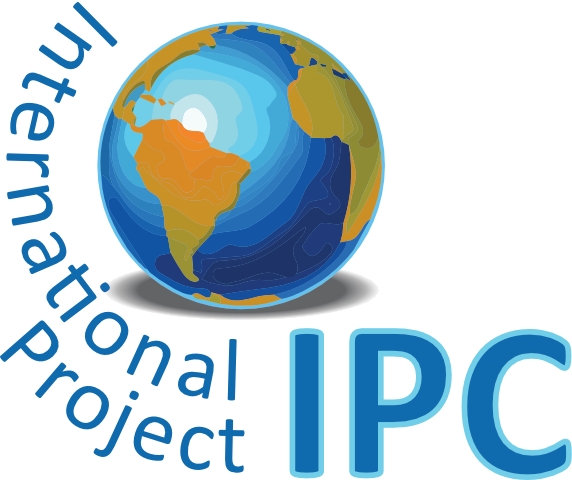Methodology and Formats
Didactical Variants of the IPC Project
Methodological options to Adapt to Different Teaching Conditions

An IPC Project usually consists of three phases.
Four different variations if the IPC Project have been developed during the last years.
Planning an IPC Project
An IPC Project usually consists of three main phases.
- In phase one the students introduce themselves in the discussion boards and they create a personal user page.
- They first contact their international partners through the discussion board, chats, and Zoom meetings.
- In this phase the professors provide some general readings and make suggestions for the preparation of the subjects of the project.
- depends on the didactical format of the IPC course.
- There are either clear tasks and instructions for the students related to the topic in the IPC Basic or the students are ready to choose a topic and continue searching for and reading basic and special literature concerning the chosen topic.
- Now the students develop a hypothesis for their research question, they work on a draft of a research design (e.g., questionnaires, interviews).
- Finally the students prepare their investigation.
- In all formats the students start working in international groups in phase two.
- includes processing of the surveys and interviews (data collection) and the interpretation and evaluation of the collected data in the IPC Research format.
- In all formats of the IPC Project, a main task of the third phase is to create a group presentation with the research results.
- Presentations of the results can use different digital tools as Padlets, e-books, PPP, Geniallys, Murals, websites, explanation videos etc.
- Students present their products at each university during the students’ class time or via Zoom meetings.

Variations of the IPC Project
- Students are provided with material in English language and in their mother tongues, and search for resources on the topic in the library or online.
- Students discuss and work together in international groups on specific tasks given by the teachers or set by themselves.
- The international groups prepare together presentations (e.g., posters, PPP, e-books, Geniallys, Murals, Canvas, websites, blogs).
- Students present their results in a common final presentation via Zoom in the plenum.
The IPC Research is a full online class and represents a more elaborated variation of the project. Its main characteristic is the research orientation. Students carry out small research projects in international groups and compare the results of the participating countries.
- Teachers suggest or students choose own topics related to the curriculum.
- Students develop interview designs, questionnaires, surveys and prepare data collection with teachers, students or parents as probants. They also can use other qualitative research methods on a basic level (e.g., group discussions, analysis of learning diaries, videography).
- The IPC Research can be pre-structured regarding research topics, readings, tasks, work plan, time frame etc.). It also can provide the students with more space for own decisions, proactivity and autonomy in the learning process.
- Teachers guide and support the international groups during the project.
The IPC InClass is a shorter version of the IPC Project and can be included in regular clas-ses at any time in the semester. It lasts about four weeks.
During this period students of two or more universities work together on a common topic by discussing texts, research studies, videos, or other materials.
The students of all participating countries summarize their results in a brief presentation per Zoom.
The IPC Global Discussion is a short and flexible version of the IPC Project which can be included in regular classes during the semester. Two or more countries can participate.
In an IPC Global Discussion students of one country prepare a number of questions related to a certain topic for students of one or more other countries.
Students of the other countries collect their answers on appropriate online devices, e.g. on a Padlet or a Mural.
The initiating students summarize, sort and interprete the answers and prepare a presentation for all participants.
The results can be presented and discussed in a common Zoom meeting or separately in each participating country.


